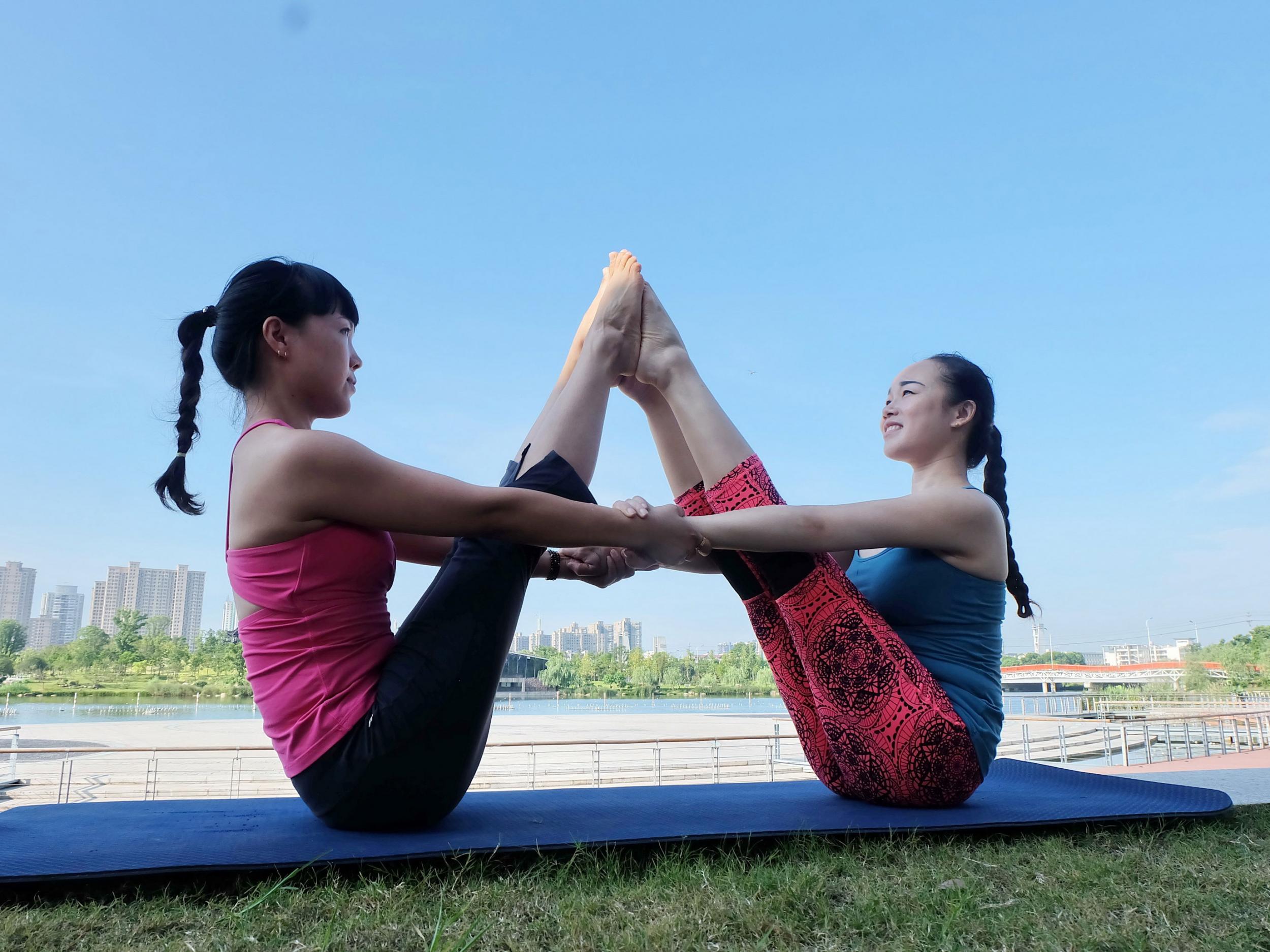The Independent's journalism is supported by our readers. When you purchase through links on our site, we may earn commission.
Neuroscientist Alex Korb reveals five ways to be happier - starting today
Alex Korb is a neuroscientist and writer
.jpg)
I used to think that being happier was all about teaching yourself to think more positively. But in doing research for my new book I discovered that the most powerful path to increasing happiness is to strengthen the right brain circuits.
Fortunately, there are numerous simple actions you can take right now that positively affect your brain activity and chemistry. Here are the top 5:
1) Sunlight

The human brain didn’t evolve in an office building. It needs sunlight to function optimally. Being outside during the day modulates the brain’s internal clock, improving the release of melatonin, which helps you get a better night’s sleep. In addition, sunlight absorbed through your skin helps your brain make the neurotransmitter serotonin, which is important in elevating your mood.
2) Move your body

This is sometimes referred to as "exercise", but it doesn’t mean you have to go to the gym four times a week to see benefits. Simply moving around activates serotonin neurons. Get a bit more vigorous, and the norepinephrine and dopamine systems start to see benefits.
3) Stretch

When your muscles are tense your brain thinks that you’re stressed. Stretching your muscles actually reduces stress through a process called biofeedback. It can even release neurochemicals similar to morphine and THC, which reduce pain and increase feelings of well-being.
4) Get a massage

Massage releases the neurohormone oxytocin, which reduces stress and anxiety and helps you feel more connected with others. It also increases serotonin. But really, how many reasons do you need to get a massage?
5) Take a Deep Breath

Another way to take advantage of biofeedback is to take a deep breath and release it slowly. Deep breathing affects the brain by modulating activity in the vagus nerve, and is a powerful way to reduce stress and anxiety.
For more tips, The Upward Spiral is available now. Alex Korb is on Twitter @prefrontalblog
Join our commenting forum
Join thought-provoking conversations, follow other Independent readers and see their replies
Comments
Bookmark popover
Removed from bookmarks